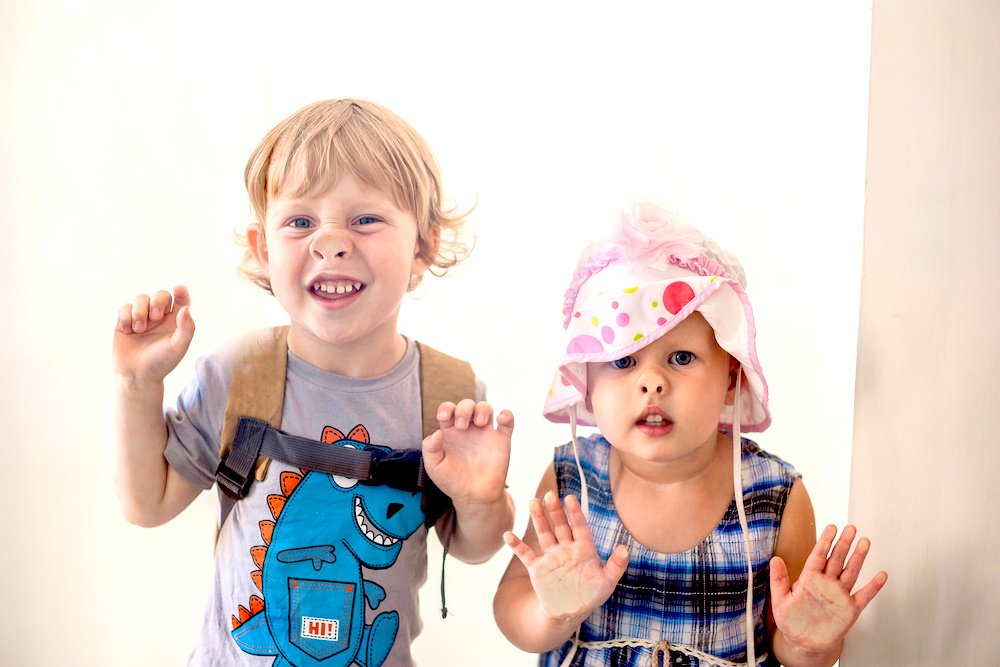Everything Your Child Does Makes Sense (Even If It Drives You Up The Wall)
One of the most transformational ideas you can bring into parenting complicated kids (or really, any kids) is this: everything they do makes sense.
Sounds bananas, right? I get it. When your 5-year-old "accidentally" body slams their best friend, or your 8-year-old refuses to brush their teeth again, or your 14 year old calls their best friend by a cruel name, it feels random. It feels chaotic. It feels personal.
It’s none of those things.
When occupational therapist Kelsie Olds said, "Everything everyone does makes sense," I got full body chills. Because here's the thing: kids aren't blank slates waiting for our wisdom. They come wired for survival, wired to protect themselves, wired to respond to the world in ways that — even if it’s inconvenient or confusing to us — are deeply meaningful to them.
Sometimes that wiring goes a little sideways, especially for kids with complicated sensory or emotional systems. Sometimes their "fight-flight-freeze" reactions show up in places we wish they wouldn’t: the classroom, the playground, or right there in the kitchen.
But it’s not random. It’s their bodies and brains trying to keep them safe. It's their best attempt to navigate a world that often feels overwhelming.
Two Things You Can Try at Home:
1. Get Specific Before Getting Judgy:
Before you label your child's behavior as "bad" or "aggressive," get intensely curious. What exactly happened? What did their body do, second by second? Like a sports commentator watching an instant replay, try narrating the action without judgment. You might notice that your "aggressive" preschooler was actually just defending their personal space.
2. Create Calm Before Correction:
When a child's nervous system is sounding the internal alarms, they can't learn. They can't reason. They can't "use their words." (please never say these words again, love, Gabriele) First, create safety. Help them (and you) get calm — then you can teach. Think of it as pulling a frightened cat out of a tree, not yelling at it for being scared.
When we shift our lens from "Why is my kid being such a jerk?" to "What is my kid’s body or brain trying to tell me?", everything changes. We go from policing behavior to nurturing regulation. We go from managing meltdowns to understanding what our kids are really asking for.
The Good News:
When you start from the belief that everything your child does makes sense, you can:
- Stop taking behavior personally.
- Start seeing patterns and solutions.
- Build trust that lasts a lifetime.
And yes, you can absolutely still set boundaries. Boundaries are not cancelled just because we’re being understanding. Boundaries, when set calmly and clearly, create the safety kids crave. It is totally possible to validate emotions and experiences while also keeping people safe and holding boundaries.
If this idea feels both freeing and overwhelming to you, you’re not alone. Parenting complicated kids asks so much of us. If you need help figuring out how to see your child with curiosity instead of fear (especially when their behavior feels scary or stressful), I’m here to support you.
Your complicated kid isn't broken. They're communicating. Let’s listen together.
Do you have questions about your child’s development or your parenting? Scheduled a free 15-minute call with me here ⬇️
